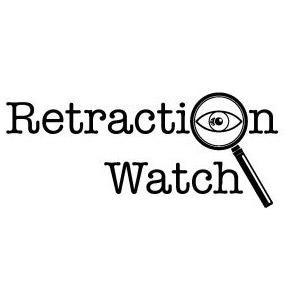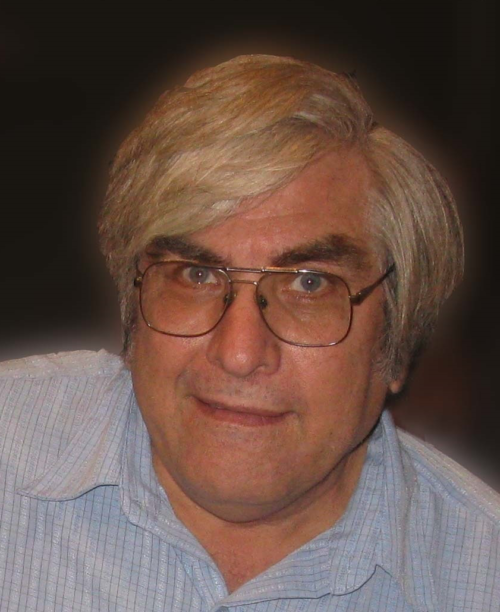
Talk about the publish-or-perish version of the circle of life.
A Springer Nature journal has retracted 33 articles — 29 from one special issue, and four from another — for a laundry list of publishing sins, from fake peer review to plagiarism to stealing unpublished manuscripts.
And an Elsevier journal has retracted ten papers recently for duplication — of ten of the Springer Nature journal’s papers.
A typical notice from the Springer Nature journal, Multimedia Tools and Applications (MTAP):
Continue reading The circle of life, publish or perish edition: Two journals retract more than 40 papers







